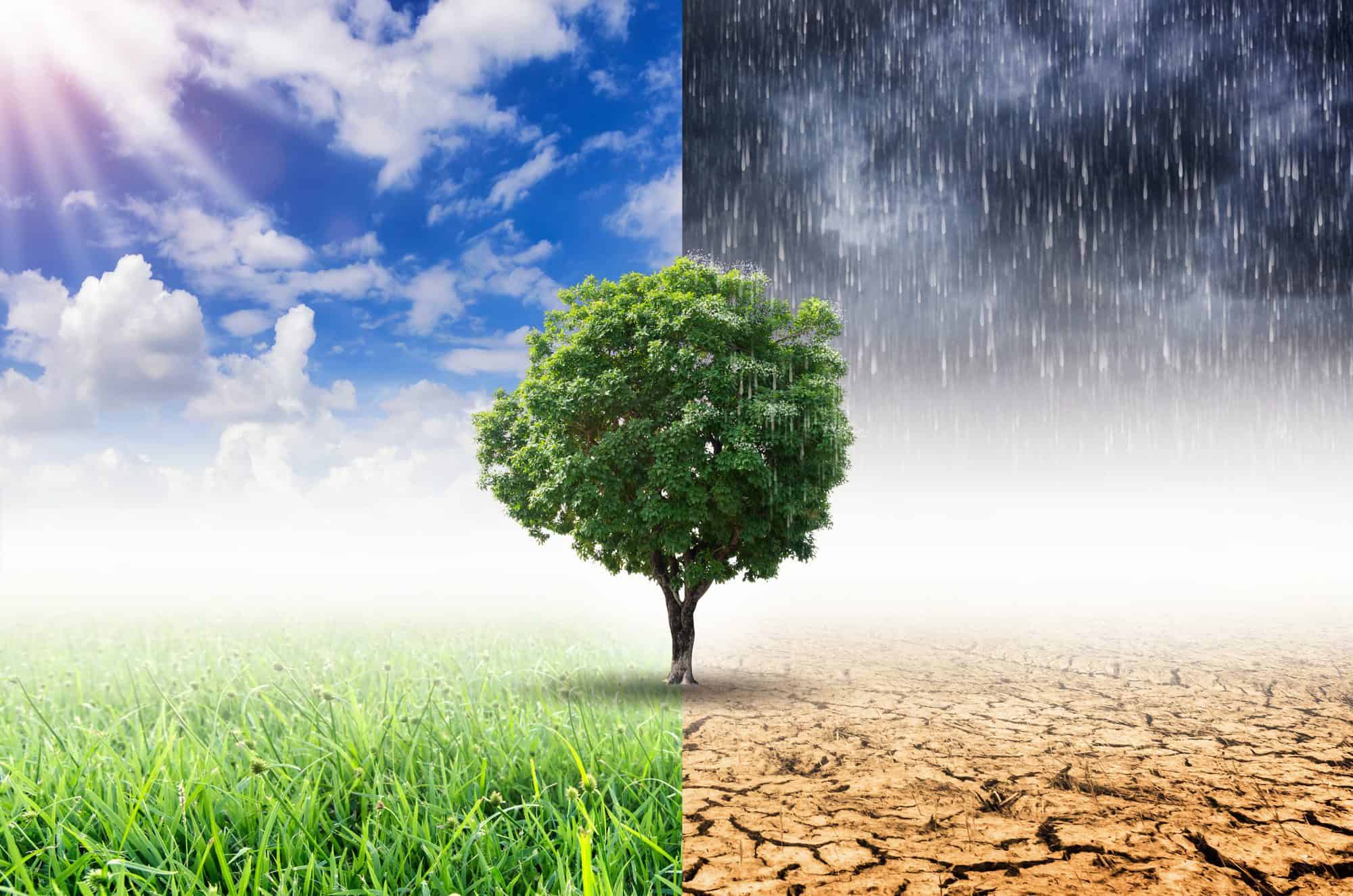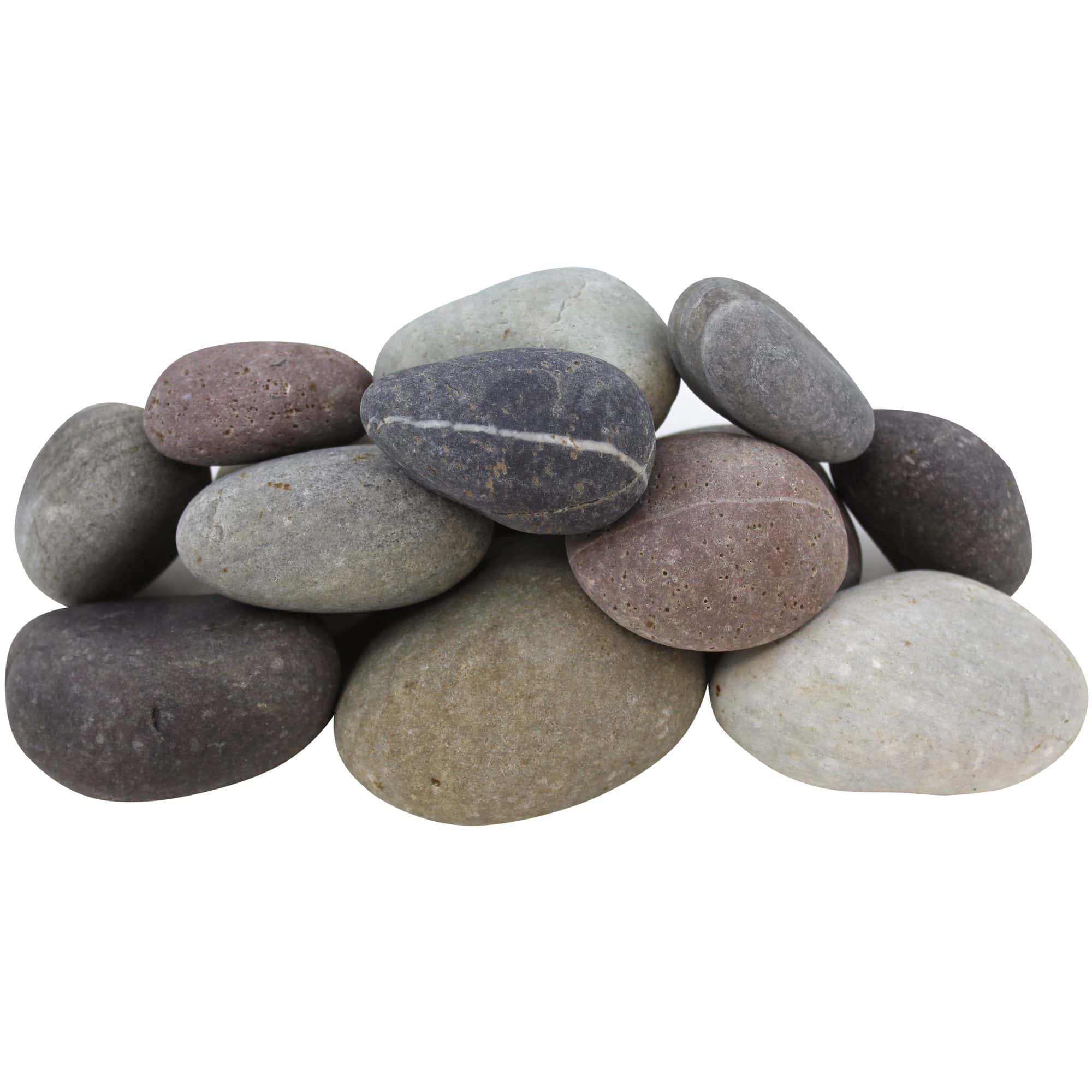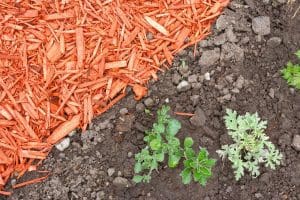
Tips For Gardening in Response to a Changing Climate
Climates are changing across the US, from higher than average temperatures and shifting precipitation patterns to invasive species. This impacts how we garden, as homeowners with a hobby for getting their hands dirty have noticed how native habitats are changing, including in their backyards.
How can we prepare our gardens for a changing climate? It starts with reducing carbon emissions. We give you our best tips in this post!
Cut Energy Use
One way to reduce your carbon footprint in your outdoor space is to reduce energy use. For example, you can easily replace outdoor light bulbs with high-efficiency LED light bulbs.
Light timers ensure lights aren’t left burning unintentionally, and there are solar-powered garden products that utilize the power of the sun.
Fire Safety

With shifting climate changes comes the threat of fires and drought, making fire safety paramount if you live in a dry region that is especially susceptible.
Take action by choosing plants that are drought tolerant, and avoiding varieties that contain a lot of sap or resin materials that ignite easily.
Landscaping stones are an effective material for creating a firebreak. You can use them to build a garden pebble pathway or stone wall in your backyard.
Reduce Water Usage and Reliance on Fertilizer
Chemical fertilizers take a lot of energy to produce. Instead, try organic mulch to provide natural nutrients for your plants while improving drainage and moisture distribution for less watering.
You can also set up rain barrels with drip irrigation to recycle rainwater and streamline your watering schedule.
Native Plants All the Way

Invasive species have a negative impact on the environment. They outcompete native plant varieties for food and space, disrupting the ecosystem and crucial pollinator connections.
Remove invasive plants from your garden and opt for native species to strengthen ecosystems. This is also a win for you as a gardener since native plants typically need less maintenance since they adapt and flourish in their natural habitats.






Leave a Reply